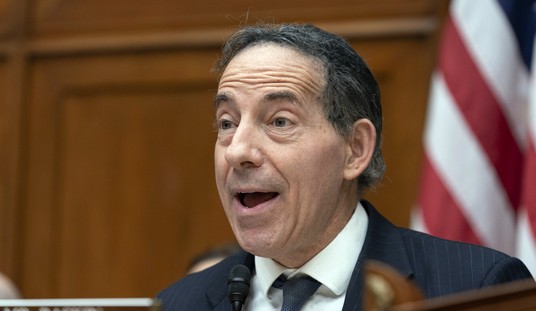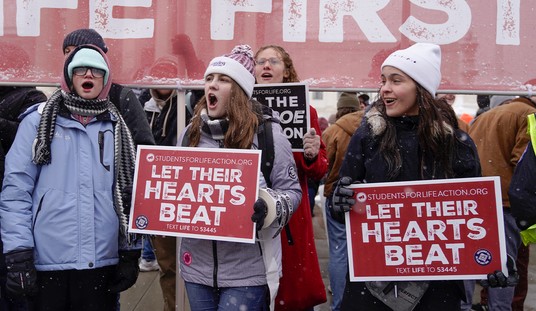There were actually three major elections centered around state and local government employee pensions and benefits last night.
And though the media blanketed the Wisconsin gubernatorial recall with coverage, you can be forgiven if you didn’t even know about the referenda in San Diego and San Jose, California. Voters in those two cities, respectively the 8th and 10th largest in the country, were asked whether to reform their city employee retirement plans, converting them from defined benefit pensions to defined contribution, 401(k)-style plans.
The reforms passed in both cities by 2-to-1 margins.
Why? Because residents of those cities learned, through bitter experience, that defined benefit pensions – especially for government employees – are unaffordable, and unfair.
They’re unaffordable because with longer life-expectancy and productivity increases in the economy, defined benefit plans assume fewer workers will be subsidizing more retirees not merely for their golden years, but their golden decades. It’s not a coincidence that defined benefit plans are all but extinct in the private sector – companies who didn’t switch to defined-contribution plans inevitably collapsed under the weight of their pension obligations. Today, the only sector of the economy where defined benefit plans remain common is government.
And that brings us to the unfairness of these plans. It is simply unjust for government employees to require private sector workers, who don’t have gold-plated retirement plans, to subsidize such plans for themselves. That is, it’s not fair for government employees to demand better benefits than their bosses, the actual taxpayers.
Worst of all, as these cities’ pensions costs have skyrocketed in recent years – San Jose’s pension payments have risen 236% since 2001, and San Diego’s have jumped 438% since 1999 – those costs have squeezed out actual government services. As the cities spent a growing slice of their tax revenue (roughly one of every four dollars) on bureaucrats’ pensions, they were forced to close libraries, neglect infrastructure repairs, and cut emergency services.
Neither city’s situation is unusual.
Government employee pensions are swallowing state and local budgets across the country. Illinois, for instance, already spends more money every year on its teachers retirement system than it does on actual schools. Many municipalities have or are considering filing bankruptcy to get out from under their pension debts. Total state and local unfunded pension liabilities are already estimated to be $3 trillion and growing.
The status quo cannot be sustained.
Citizens around the country must ask themselves once and for all if their governments work for them, or if they work for the government. San Diego and San Jose gave a resounding answer to that question last night.














Join the conversation as a VIP Member